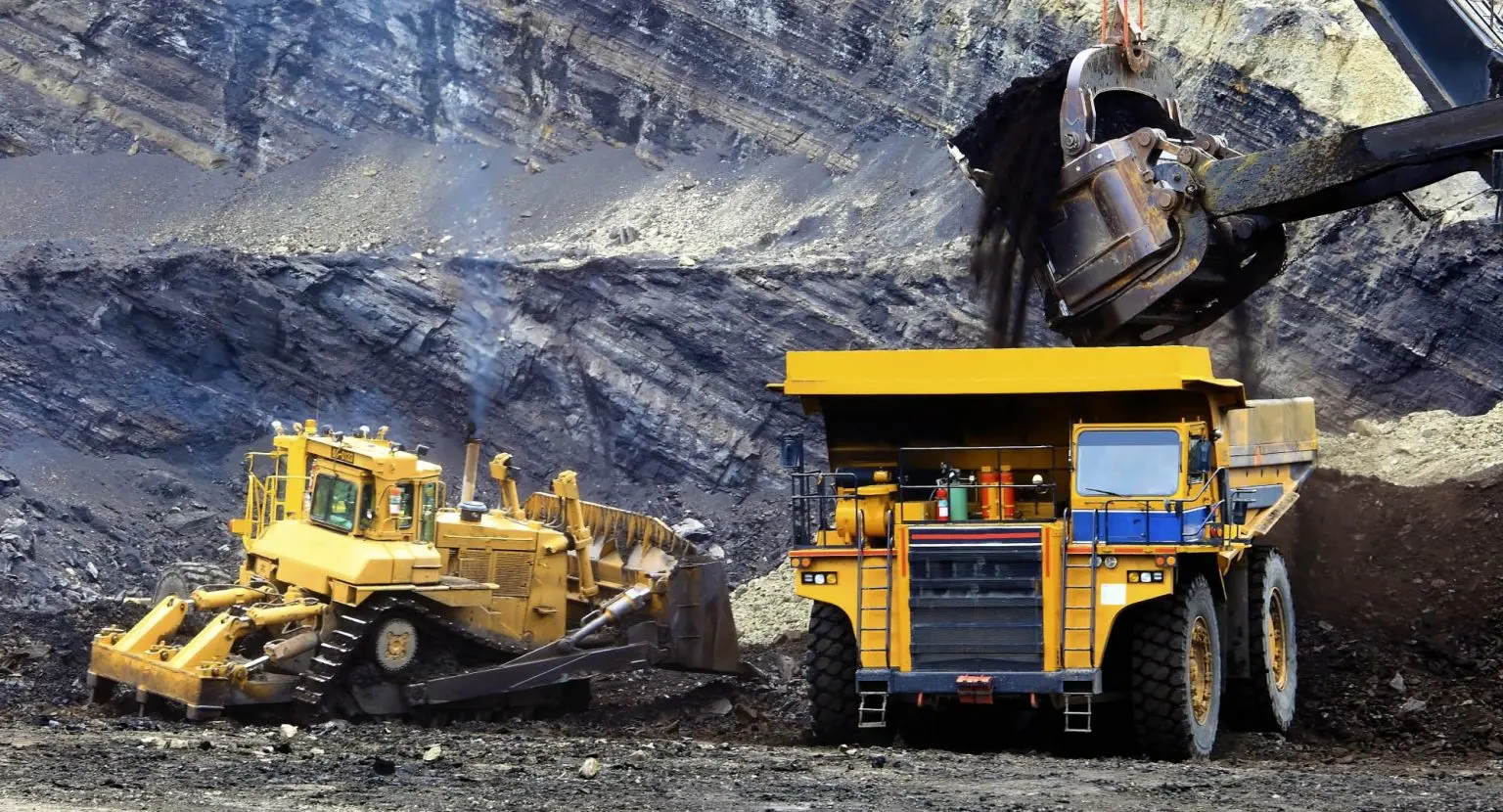Tanzania has launched a groundbreaking $1.2 billion uranium mining project in partnership with Russia, a move set to place the East African nation among the world’s top uranium producers and significantly boost its mineral economy.
The ambitious project is based in the Mkuju River area within the Namtumbo District of southern Ruvuma Region. It is one of the most substantial foreign direct investments ever made in Tanzania’s mining sector, and is expected to be a major engine for long-term economic development.
According to estimates, the deposit holds about 58,500 tonnes of uranium — enough to produce up to 3,000 tonnes annually over a projected 22-year lifespan.
President Samia Suluhu Hassan, who presided over the project’s launch, described it as a bold step toward Tanzania’s economic transformation.
“We are unlocking new economic frontiers and securing a stronger future for our youth,” President Samia told attendees at the unveiling ceremony.
A pilot processing plant has already been launched at the site’s Nyota deposit, where testing of ore and technology will guide the final design for full-scale operations. The main plant is scheduled to break ground in 2026, with commercial production set for 2029.
The mine is being developed in collaboration with Rosatom, Russia’s state nuclear energy corporation, through its mining subsidiary Uranium One, which has projects in countries including Kazakhstan and Namibia.
More than 4,000 direct jobs are expected to be created by the project, along with over 100,000 indirect employment opportunities in related sectors such as logistics, infrastructure, construction, and local commerce.
Tanzania will also hold a 20% stake in the venture, which government officials estimate could yield $40 million in annual dividends — revenues that will be reinvested into national priorities such as education, health, and rural development.
This development comes at a time when global interest in nuclear power is resurging, driven by the push for low-carbon energy sources and reduced reliance on fossil fuels. Uranium is a key fuel for nuclear reactors, and rising demand is driving countries to seek new, reliable sources.
Also Read; Media Urged to Foster Unity and Safeguard Data
Tanzania’s entry into this critical sector aligns it with major players like Canada, Australia, and Uzbekistan — all of whom are among the top uranium producers.
Analysts say the deal also enhances Tanzania’s geopolitical profile by strengthening its ties with Russia, which is increasingly investing in Africa as part of its foreign policy strategy.
Despite the optimism, concerns remain about the environmental impact of uranium extraction. The government has assured the public that the project will be governed by international environmental safety standards and will feature real-time monitoring, wastewater recycling, and biodiversity conservation systems.
Environmental groups have called for independent audits and transparency during each phase of the project’s implementation. An Environmental and Social Impact Assessment (ESIA) was reportedly completed in 2024 to address these concerns before construction began.
The uranium deal is more than just a mining project — it represents a new chapter in Tanzania’s engagement with global markets, technology, and energy transition. If executed with care, the initiative could elevate Tanzania as a key player in global uranium supply, while also setting benchmarks for sustainable resource development across Africa.







